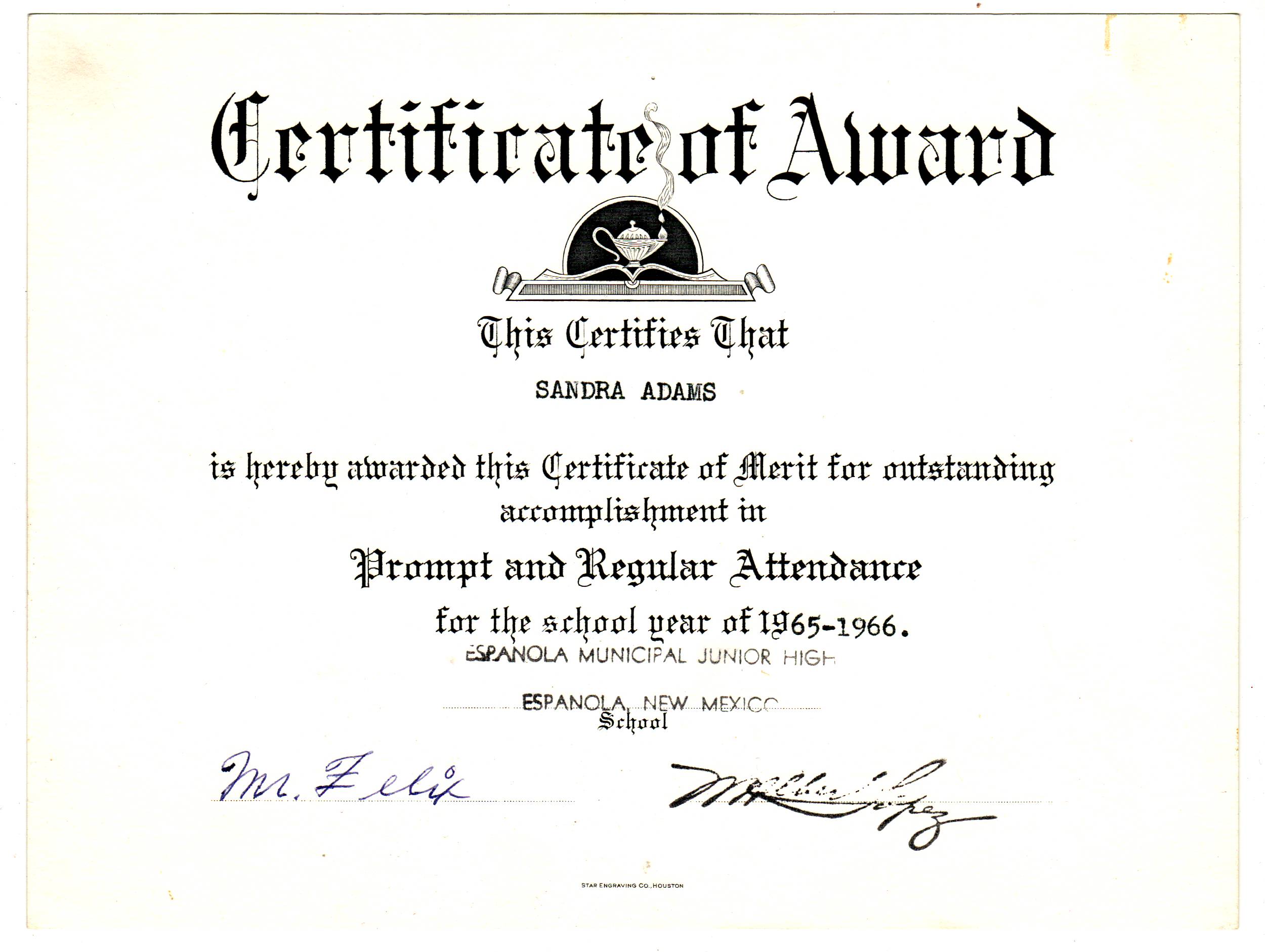Part of the discussion is whether the wording of the law makes any difference in the relative "legality" of unschooling as a method. I hadn't thought of that in all the years my kids were "school age."
> In the UK, there is compulsory education, in the US it is compulsory
> attendance.
-=-In the US, it depends on the state. In California, at least, it is
compulsory education.-=-
Right after I read that, as I'm doing all these things at the same time:
watering the yardthis came by:
boiling chicken for tomorrow
making cookies
playing plants vs. zombies
listening to Cyril Ritchard read Alice in Wonderland
checking e-mail as it arrives
"You were not attending," said the mouse to Alice severely. "What are you thinking of?"
This reminds me that the phrase "school attendance," in my life, caused me (and millions more, no doubt) to think "attend" means to be there. Attending a play, attending a concert.
But in the back of my mind I know it means to listen to, to pay attention to someone. "Attendants" don't just *be* there. They pay attention.
Alice wasn't listening to the mouse because she was thinking of something else, and because she likes cats and dogs more than she likes stories about the history of why a mouse doesn't like cats or dogs, and so she had zoned out, thinking.
If unschooling involves whatever is most interesting in the moment, my children have had perfect attendance for many years! Maybe I should make them something like this:

Mr. Robert Felix was my band teacher. Band was first period. So he was my homeroom teacher in 7th-9th grade. Looking at my certificate for "outstanding accomplishment in Prompt and Regular Attendance," I'm thinking of the meaning of "certify," too. This certificate certifies that I have been awarded a certificate. Quite a verbal dodge. It doesn't certify that I attended promptly and regularly. It meant to, but it only certified that I had been awarded... words about words, mostly. I like words fine.
What it really means is that I was glad to be in school because it was so much better than being at home, and that a year when I had music classes at school was the best sort of year, in those days, when I was twelve and thereabout.
What it means in light of my children's lives is that they accomplished prompt and regular attendance to everything they found interesting every day from their birth to now. I expect that they will continue to attend regularly and promptly to their lives as they unfold.
The reason I'm listening to Alice in Wonderland is that my friend Teresa posted "15 albums that will always stick with you," and her first was Alice in Wonderland by Cyril Ritchard. I know his name because he played Captain Hook in the version of Peter Pan they used to show on TV every year when I was little (and I absolutely watched it that 7th grade year). His voice was awesome. This was recorded in 1957, and it's for sale on Amazon, right here.
I'm the only person at my house today, and the learning and activity are just as swirly as ever. Keith has been camping since Thursday (at the Outlands Crown Tournament) and Marty left this morning to join him. Holly spent last night in Bosque Farms with friends and visiting-from-out-of-state other friends. I have no doubt that they're all in the midst of their own swirls of activities and thoughts.
In case anyone is reading here who doesn't have a vivid image of Cyril Ritchard, here you go:
"Mrs. Hook's little baby boy..."
That line has made me smile since I was a very little girl.
Nice blog! I found it on Google when I was looking for attendance data. I am from the UK and I had never thought about missing school, maybe its because we call it registration rather than attendance (it seems less optional!). Truancy rates are low here (some slip through the net) but generally all British children go to school. One interesting difference is the school leaving age. We are able to choose to leave school at 16 not 18, or carry on to 18 and perhaps onto University. Whilst it may seem counter productive, giving children the option to leave at 16 means they aren't forced to do something they don't want to when approaching adulthood, and it leaves the more educationally focused children with less distracting influences in the classroom. We don't have a perfect system by any means, but I think this is an interesting difference.
ReplyDelete